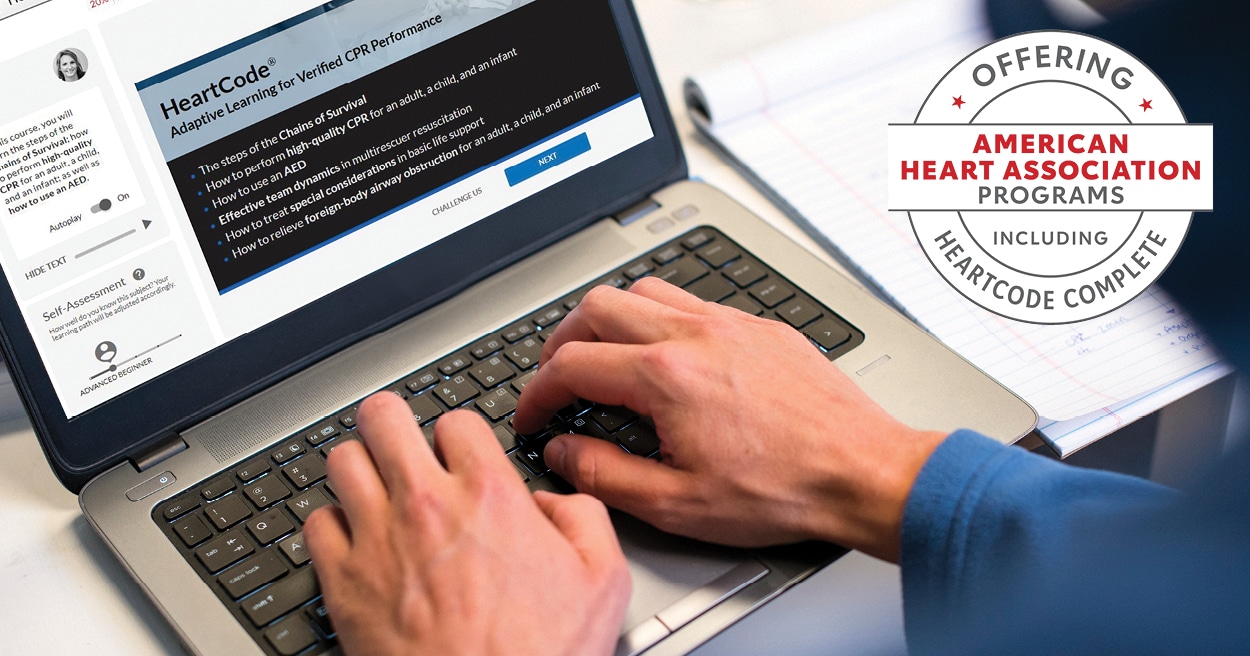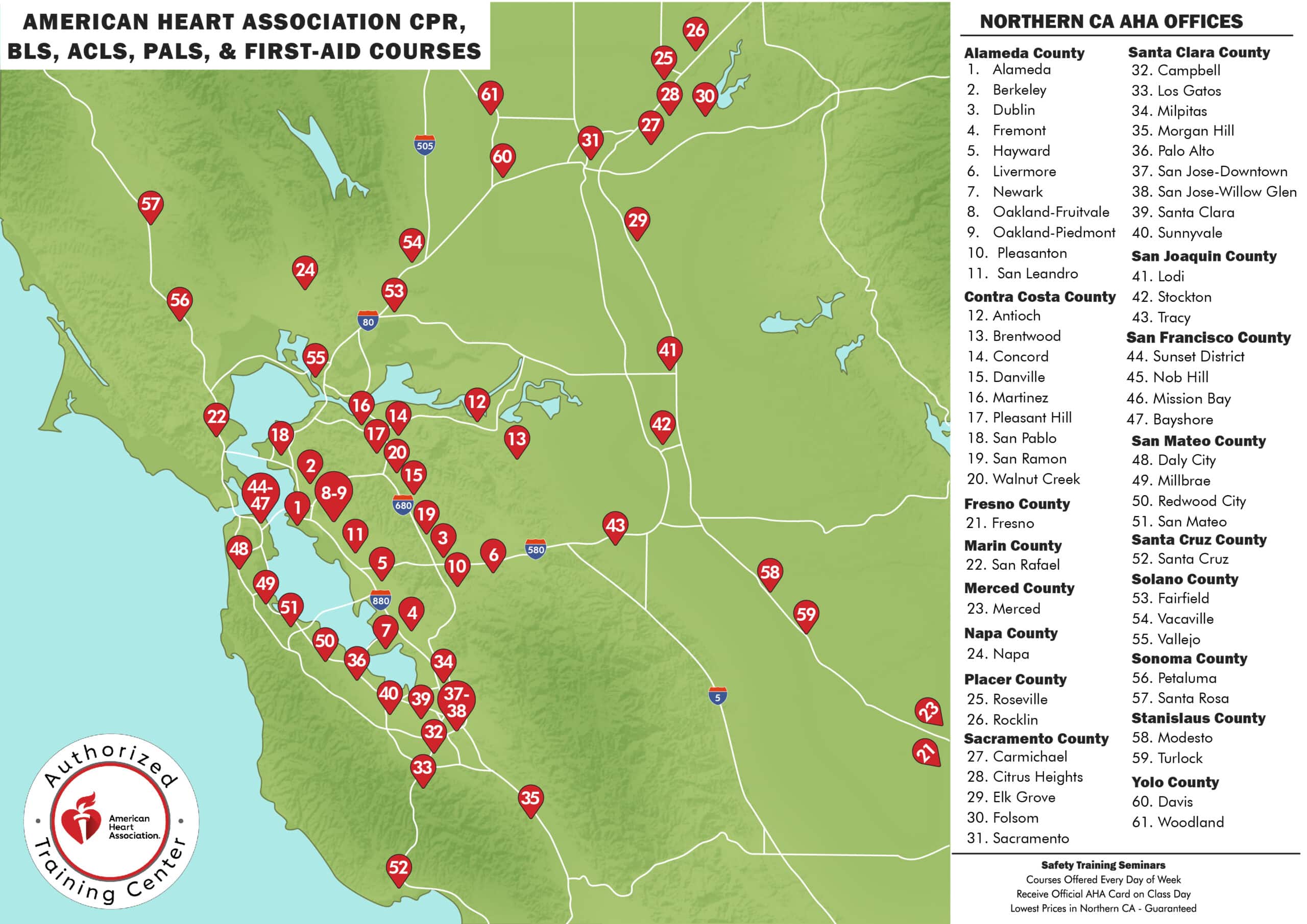
📌 Course Overview
🎓 Certification: Official American Heart Association PALS certification card
📅 Class Availability: Monday – Sunday | 7 AM – 6 PM
📜 Same-Day Certification: Receive your PALS card on the day of class
✨ Add-Ons Available: ACLS, BLS, First Aid, Opioid Training, Bloodborne Pathogens
🏆 Low Price Guarantee: Lowest prices in Northern California—we match any lower price!

In the bustling city of San Francisco, California, the American Heart Association (AHA) offers Pediatric Advanced Life Support (PALS) classes, providing healthcare professionals with specialized training in pediatric emergency care. PALS certification is essential for healthcare providers who work with children, as it equips them with the knowledge and skills to manage pediatric emergencies effectively. This article explores the importance of PALS training, the offerings of the American Heart Association in San Francisco, and the impact these classes have on pediatric care in the community.
Pediatric emergencies present unique challenges, requiring healthcare providers to have specialized knowledge and skills to deliver optimal care. PALS training focuses on the assessment and management of critically ill or injured children, including the recognition and treatment of respiratory distress, shock, and cardiac arrest. Participants learn age-specific approaches to pediatric assessment, effective communication strategies, and the use of specialized equipment such as defibrillators and advanced airway devices.
The timely application of PALS protocols can significantly improve outcomes for pediatric patients, reducing morbidity and mortality associated with pediatric emergencies. By equipping healthcare providers with the skills to recognize and respond to pediatric emergencies, PALS training enhances the quality of care delivered in pediatric units, emergency departments, and pre-hospital settings.
As a global leader in cardiovascular research, education, and advocacy, the American Heart Association is dedicated to advancing the standard of care for pediatric patients. In San Francisco, the AHA collaborates with local healthcare facilities, educational institutions, and professional organizations to offer PALS classes that meet the needs of healthcare providers who work with children.
The AHA’s PALS curriculum is evidence-based and regularly updated to reflect the latest guidelines and best practices in pediatric emergency care. Certified PALS instructors facilitate interactive and hands-on learning experiences, ensuring that participants gain the confidence and competence to apply their skills in real-world scenarios. Moreover, the AHA emphasizes the importance of continuous quality improvement, providing resources and support for ongoing skill development and knowledge retention.
The PALS classes offered by the American Heart Association in San Francisco are designed to accommodate healthcare providers at various stages of their careers, from novice clinicians to experienced practitioners seeking recertification. The curriculum covers a wide range of topics, including pediatric assessment, respiratory management, vascular access, and pharmacology.
Participants engage in interactive case-based simulations and hands-on practice sessions to reinforce key concepts and enhance clinical decision-making skills. The AHA’s PALS classes also incorporate team-based scenarios, allowing healthcare providers to collaborate effectively and manage pediatric emergencies as part of a cohesive unit.
The impact of PALS training extends beyond individual skill development to encompass broader improvements in pediatric care across the community. By equipping healthcare providers with the expertise to deliver timely and evidence-based interventions, PALS classes contribute to better outcomes for pediatric patients, reduced hospitalizations, and improved survival rates for pediatric emergencies.
Moreover, PALS-trained professionals serve as valuable resources within their organizations, sharing their knowledge and expertise with colleagues and contributing to a culture of clinical excellence and innovation. As more healthcare providers in San Francisco undergo PALS training, the community’s capacity to respond to pediatric emergencies grows stronger, resulting in enhanced resilience and preparedness for future challenges.
In conclusion, American Heart Association PALS classes in San Francisco are instrumental in advancing pediatric care and improving outcomes for pediatric patients. By providing healthcare providers with the knowledge and skills needed to manage pediatric emergencies effectively, these classes enhance the quality and effectiveness of care delivery across the community. Through collaboration, education, and commitment to excellence, the AHA and its partners in San Francisco are empowering healthcare providers with the tools they need to save lives and promote the health and well-being of children in the community.
Who should attend PALS certification classes in San Francisco?
PALS certification classes are primarily designed for healthcare professionals who are involved in the management of pediatric patients, including pediatricians, emergency physicians, nurses, paramedics, and respiratory therapists.
How long does a PALS certification course typically last?
PALS certification courses usually span over two days, with a combination of didactic instruction, skills practice, and simulated scenarios to ensure comprehensive learning and skill mastery.
Is there a renewal requirement for PALS certification?
Yes, PALS certification is typically valid for two years, after which healthcare professionals are required to undergo PALS renewal courses to maintain their certification.
Safety Training Seminars CPR
2000 Van Ness Avenue, Suite 303, San Francisco, CA 94109
(415) 761-1988